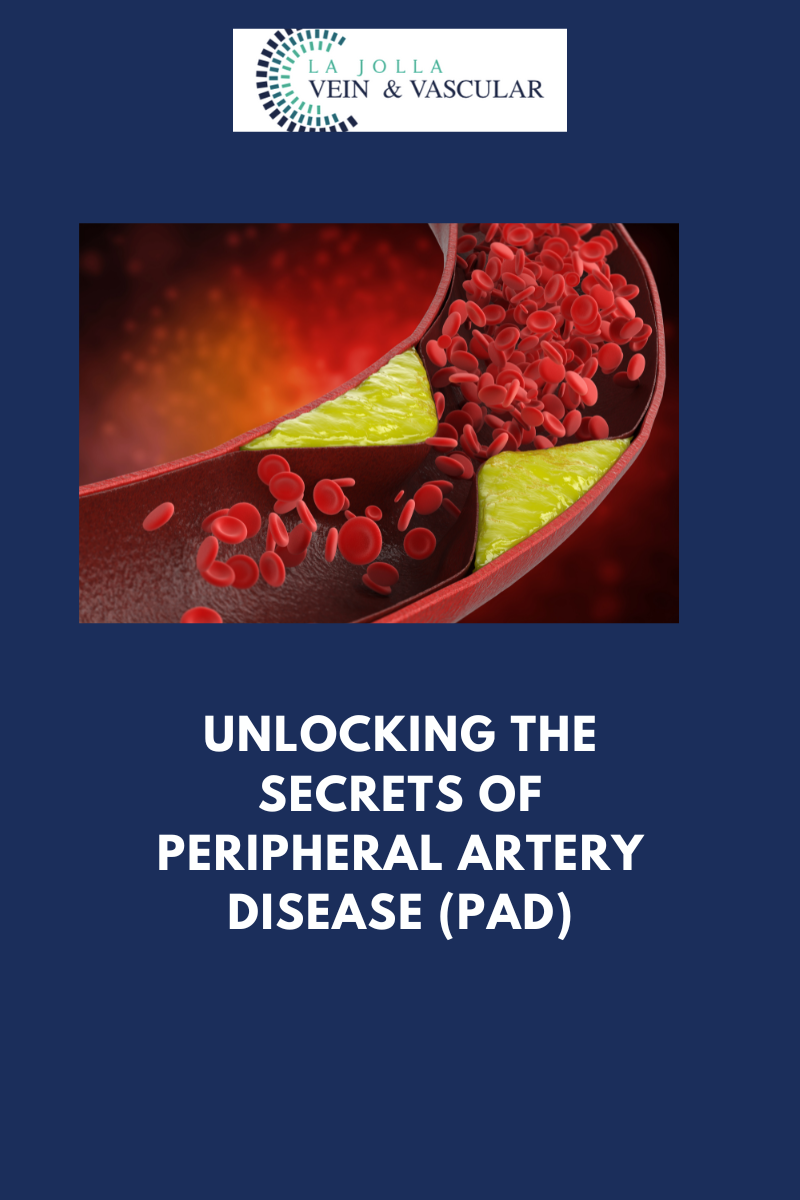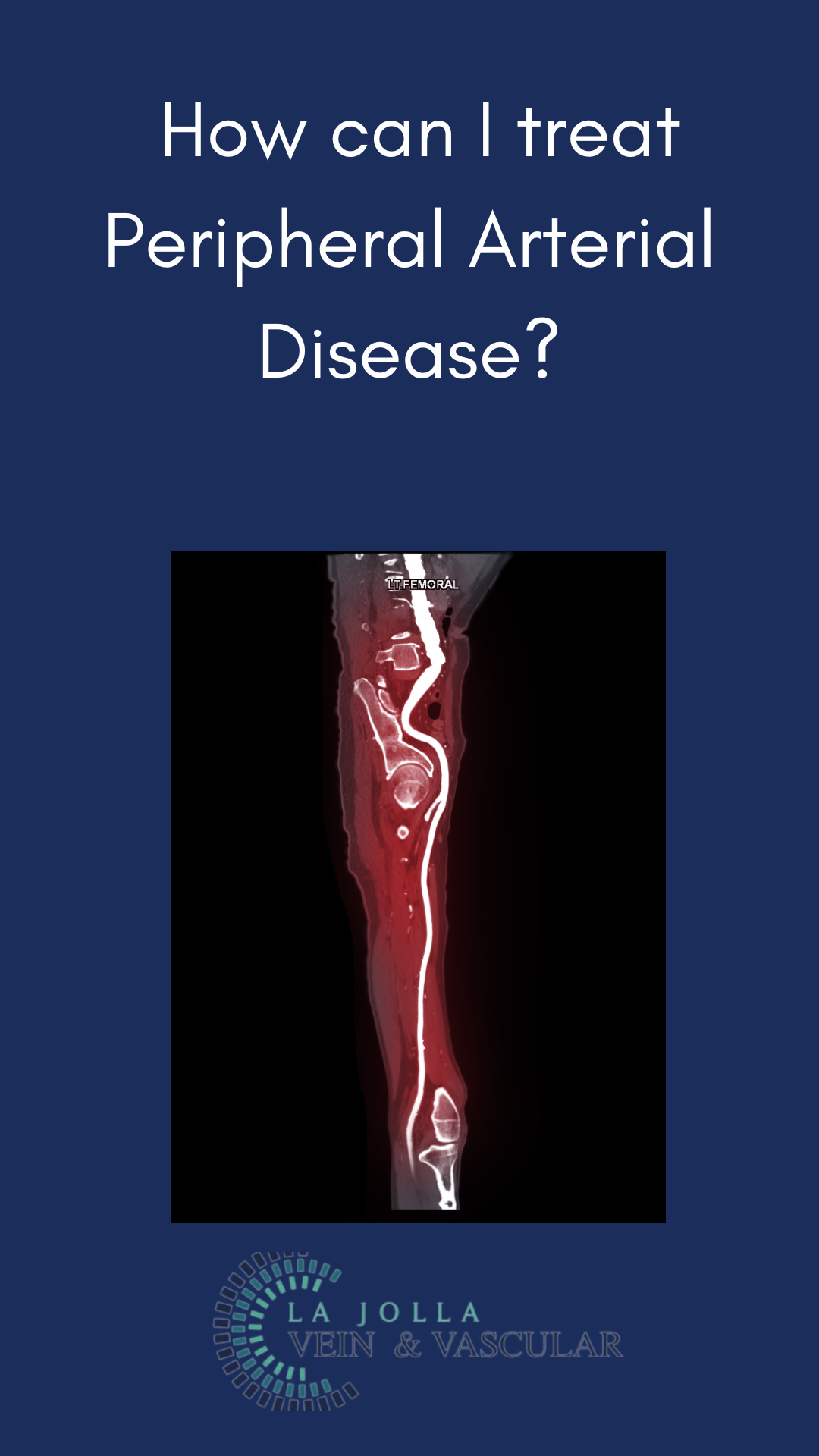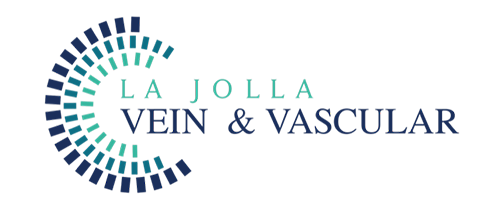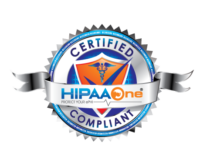What are labia varicosities

Most people understand that varicose veins can be found in the legs and feet. And while this is mostly true, they can also manifest in the vulva. This is generally why most women who develop from vulva varicosities don’t notice it until the condition begins to worsen.
What are Labia Varicosities?
Vulvar varicosities, also commonly referred to as labia varicosities, are a condition when the veins in the labia minora or Majora become dilated.
Like any other part of the human body, the vulva is interconnected through an extensive reach of large and small blood vessels. During pregnancy, the increase in weight and pressure may reduce blood flow to the lower body and genitals. This will then cascade into the condition known as Labia varicosities.
While no one is fully exempt from developing vulvar varicose veins, the condition is more apparent in pregnant women. Moreover, pregnant women are more susceptible to developing pelvic varicosities due to the pressure and weight exerted by the baby.
However, in most cases, the condition does go away after giving birth. Ideally, you should start feeling better within six to eight weeks from the delivery time. Unfortunately, in some women, the dilated veins do not recover independently and need medical intervention to help fix the condition and get you back to your normal self.
Most people understand that varicose veins can be found in the legs and feet. And while this is mostly true, they can also manifest in the vulva. This is generally why most women who develop from vulva varicosities don’t notice it until the condition begins to worsen.
There are numerous veins supplying blood to and from the vulva. And since they all differ in size, there’s no sure way to tell if you’re developing pelvic varicosities. The impact may leave them moderately swollen from the varying size of the veins, especially in the smaller veins. Larger veins may get twisted and become painful over time. This further goes to assert the importance of consulting a healthcare professional if you’re uncertain.
What are the Signs and Symptoms of Pelvic Varicosities?
As highlighted above, pelvic congestion syndrome can manifest in varying ways. As a result, there’s no one standard sign or symptom associated with the condition.
However, many women suffering from pelvic varicosities report a dull but recurring pain. While the pain may come and go, certain factors and situations can worsen the pain. Some of the situations that could lead to chronic pain include;
- Standing up for extended periods of time
- Sitting for long or remaining inactive
- The period leading to menstruation
- In the evenings
- In the mid or late stages of a pregnancy
- During or after sexual intercourse
While pain is the most recorded symptom associated with labial varicosities, some women also note a different combination of recurring symptoms. These are likely influenced by the severity and advancement of the condition. Other pelvic congestion syndrome symptoms include;
- Experiencing overly painful menstruation (commonly called dysmenorrhea)
- Excessive or abnormal bleeding during menstruation
- Swelling of the vulva or vagina
- Irritable bowel syndromes
- Backache
- Fatigue
- Increased urination
- Depression
- Hip pain
- Change in the vaginal discharge
- The appearance of varicose veins around the legs, buttocks, and vulva
- Abdominal tenderness
Whether alone or part of a combination, you should consult a doctor if you notice these symptoms. This will help rule out any conditions, and if it is indeed a pelvic congestion disorder, they can begin the treatment process.
“Bringing Experts Together for Unparalleled Vein and Vascular Care”
La Jolla Vein & Vascular (formerly La Jolla Vein Care) is committed to bringing experts together for unparalleled vein and vascular care.
Nisha Bunke, MD, Sarah Lucas, MD, and Elliot DeYoung, MD are specialists who combine their experience and expertise to offer world-class vascular care.
Our accredited center is also a nationally known teaching site and center of excellence.
For more information on treatments and to book a consultation, please give our office a call at 858-550-0330.
For a deeper dive into vein and vascular care, please check out our Youtube Channel at this link.
For more information on varicose veins and eliminating underlying venous insufficiency, check this link out full of resources.
Please follow our social media Instagram Profile and Tik Tok Profile for more fun videos and educational information.





